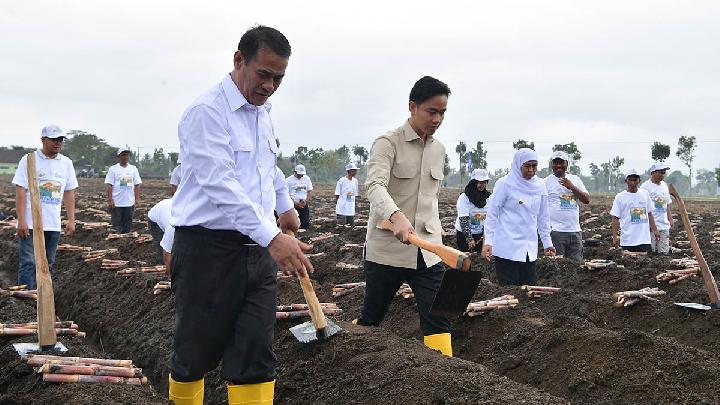Tags
50% mechanization coverage of rice farms proposed
THE extension of the Rice Competitiveness Enhancement Fund (RCEF) for another six years should ideally result in the mechanization of the country’s rice farms by around 50 percent, according to the Philippine Center for Postharvest Development and Mechanization (PHilMech).
PHilMech Director and Scientist IV Dionisio Alvindia said that ideally, a 50-percent mechanization coverage should be attained for the country’s rice farms if the extension of RCEF pushes through.
He added that a 50-percent mechanization coverage for the country’s rice farms will make the cultivation of the staple more competitive and lessen the need for imports.
“The current RCEF-Mechanization Program spearheaded by PHilMech will result in rice farms having a 20-percent coverage in terms of mechanization after the six years of its implementation. Hence, we at PHilMech back moves to extend RCEF to ensure that 50 percent of rice farms are covered by mechanization. This would be a very good goal in making the country’s rice industry more competitive,” Alvindia said.
He said that PHilMech is well-prepared for the extension of the RCEF-Mechanization Program as the agency has put in place the systems to bid out, acquire and distribute farm machines to qualified beneficiaries who are farmers cooperatives and associations (FCAs), and local government units (LGUs). Also, PHilMech has been training qualified FCAs and LGUs on the operation and maintenance of farm machines, ensuring their long-term utilization.
Alvindia said the extension of RCEF and its mechanization component will also encourage more FCAs and LGUs to acquire their own farm machines and to mechanize agriculture as they will witness the benefits of transitioning to modernized agriculture for another six years.
“One very good benefit of the RCEF-Mechanization Program is the beneficiaries were able to demonstrate the advantage of farm mechanization and modernization. Before the RCEF-Mechanization Program started in 2019, most rice farmers in the country were hesitant to mechanize their operations and preferred to stick to the traditional labor-intensive system of cultivating the staple,” he added.
“But with farm labor getting scarce in many regions, the need to mechanize rice farming becomes imperative. Also, the RCEF-Mechanization Program allowed qualified FCAs and LGUs to get farm machines that would otherwise be hard to acquire because of cost,” Alvindia said.
PHilMech has also been getting requests from the FCAs and LGUs that got their farm machines under the program to extend RCEF so more rice farmers can also get their farm machines at no cost.
Alvindia and the PHilMech family is also thankful to those who are advocating for the extension of RCEF, which include Sen. Cynthia Villar, the primary author of Republic Act (RA) 11203 that created RCEF; Nueva Ecija 3rd District Rep. Rosanna Vergara; Agriculture Secretary Francisco Tiu Laurel Jr.; and Socioeconomic Planning Secretary Arsenio Balisacan, also the head of the National Economic and Development Authority.
Under RA 11203, PHilMech gets P5 billion annually from 2019 to 2024 to distribute various agricultural equipment to qualified FCAs and LGUs. The P5 billion is sourced from tariffs applied on rice imports and is channeled to a fund called the RCEF. All the agricultural equipment distributed by PHilMech under the RCEF-Mechanization Program are in-kind or grants, or are at no cost to qualified beneficiaries nationwide.
At the end of February 2024, PHilMech has already obligated P24.9 billion for the procurement of farm machines under the RCEF-Mechanization Program. The agency intends to complete the distribution of P30 billion worth of farm machines under the program.
https://www.manilatimes.net/2024/05/16/business/agribusiness/50-mechanization-coverage-of-rice-farms-proposed/1946701Published Date: May 16, 2024






